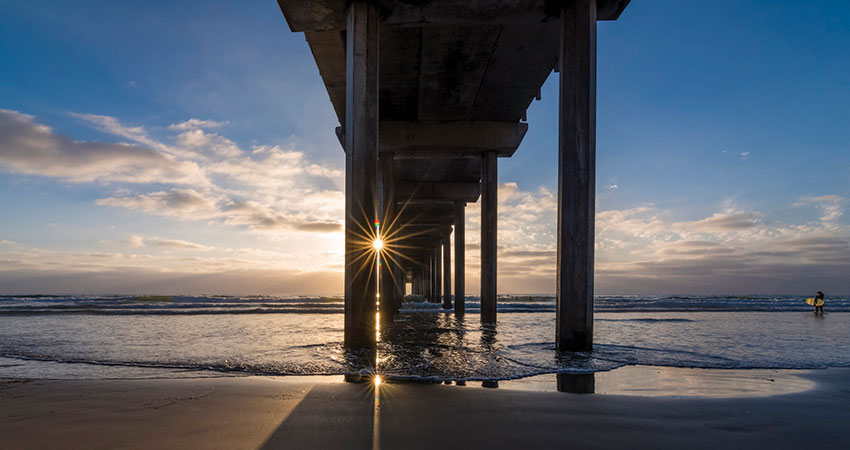
Please join us on Zoom for the Marine Biology seminar. Dr. Mary Donovan (Arizona State University) will present 'Interactions between local and global stressors on coral reefs.'
Abstract: There is often a mismatch between the scales at which human impacts threaten ecosystems and those at which management and policy are implemented. To develop more effective and strategic management of social-ecological systems, we need a better understanding of the scales over which human impacts interact with ecological complexity. I will present evidence that climate driven marine heatwaves interact with local impacts at both global and local scales to increase the prevalence and severity of both coral bleaching and mortality. In a recent global study, we investigated changes in coral cover in the year following heatwaves using data collected by citizen scientists from 223 sites. We found that local conditions such as the cover of macroalgae strongly interacted with heat stress to increase the mortality of corals. Similarly, in a study conducted at a local scale in Moorea, French Polynesia, we studied the interacting effects of nutrient pollution and heat stress on coral bleaching prevalence and severity at 149 sites spanning the entire island. We found bleaching prevalence and severity were positively associated with heat stress and nitrogen availability for two coral genera. We also found that the interaction of nitrogen and heat stress increased bleaching severity up to 6-fold when nitrogen was high and heat stress was relatively low, suggesting that excess nitrogen can trigger bleaching when typical thermal thresholds have not been crossed. Thus, while the ultimate survival of coral reefs is dependent on the immediate reduction of carbon emissions that cause global warming, it is also important that local management focus on enhancing the resistance and resilience of coral reefs to near-term increases in thermal stress. Given this, I will conclude with an example of how interacting drivers that occur at multiple scales could be addressed in local management decisions based on the Holomua: Marine 30x30 initiative in Hawai‘i.




